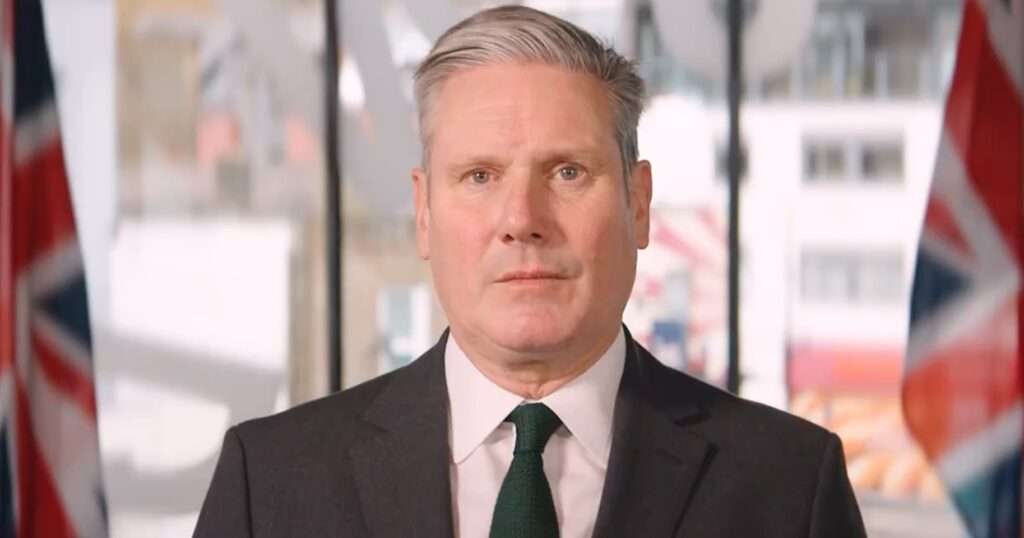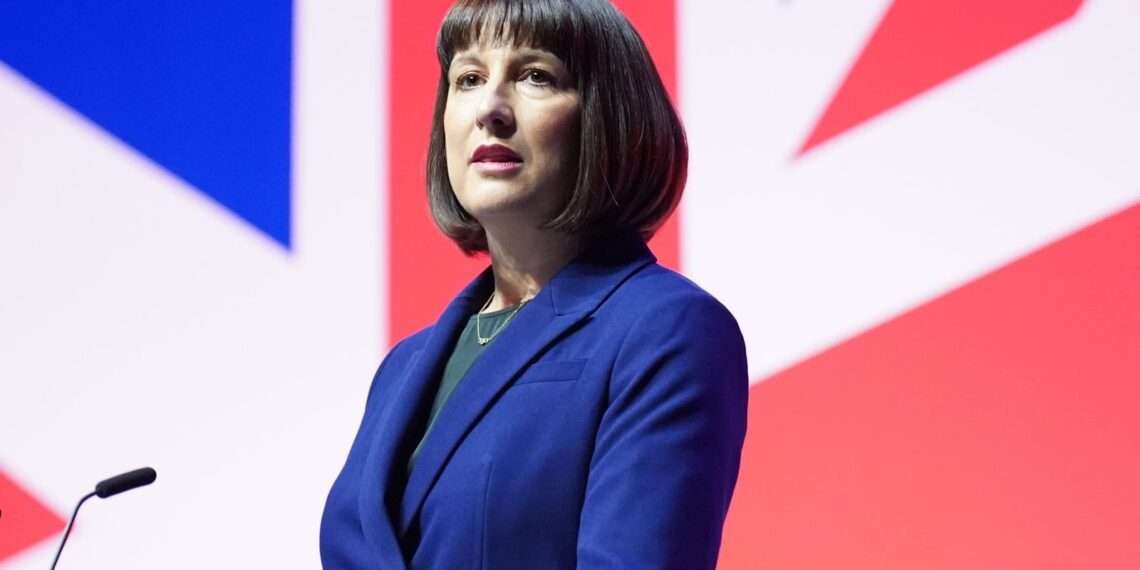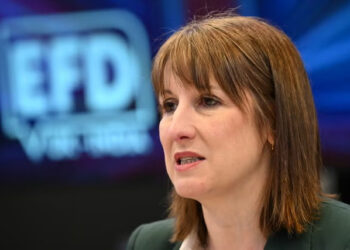In a recent development, Labour’s plan to impose VAT on private school fees will not take effect until at least 2025, should the party win the upcoming general election.
Shadow Chancellor Rachel Reeves indicated this shift in timing during her appearance at the Times CEO Summit.
Labour, under Sir Keir Starmer’s leadership, aims to raise approximately £1.6 billion annually by removing the 20 percent VAT exemption on private school fees.
The funds are earmarked for recruiting around 6,500 specialist teachers for state schools across England.
This policy, one of the most discussed in Labour’s manifesto, has sparked concerns about the potential strain on local authority schools.
Many worry these schools might be overwhelmed by an influx of students transferring from private institutions due to rising fees.
Earlier in the election campaign, Sir Keir expressed the party’s intention to implement this tax change immediately, should they come to power.
“We would seek to implement the change straight away and as soon as it can be done,” he stated confidently.
However, Ms. Reeves has now clarified that the policy would not be retrospective and would be part of Labour’s first budget, expected to come into effect no earlier than January 2025.
“We’re not going to have a retrospective tax,” Ms. Reeves explained.
“I don’t think that would be the right thing to do. So these changes would be in our first budget, but they would come in after that, not retrospectively.”
Rachel Reeves
This timeline means the earliest the policy could be enacted is the start of the new school term in January 2025.
Experts suggest it might not actually begin until the start of the new school year in September 2025.
Reeves Addresses Private School VAT Concerns
Ms. Reeves expressed confidence that private schools would not pass the entire cost onto parents immediately, suggesting they should instead find ways to make savings before the VAT exemption ends.
“Over the last 14 years state schools have had to make huge efficiencies because of the cuts to real-terms spending,” she noted.
“I strongly believe that private schools, as well, have to be able to make efficiencies.”
Sir Keir Starmer has faced many questions about this policy during campaign debates.

Addressing concerns from audience members, he reiterated his stance that while he has nothing against private schools, he believes every parent, whether their children attend private or state schools, has aspirations for their children’s education.
A survey conducted as part of the latest Saltus Wealth Index report, which included 2,000 people with investable assets of more than £250,000, found that around 26 percent of respondents would consider removing their children from private schools if VAT were imposed on fees.
Julie Robinson, the Chief Executive of the Independent Schools Council, responded positively to Ms. Reeves’ comments ruling out retrospective VAT.
However, she emphasized that families and schools still lack the necessary clarity to plan effectively. “This is only one part of the picture: families and schools still do not have the clarity they need to properly plan,” Robinson said.
“In particular, we are concerned about the prospect of in-year tax rises and the acute negative effect that would have on parents’ budgets and children’s education. We hope that any policy would take into account the school year and admissions cycles.”
Labour’s proposal remains a key talking point as the election approaches, with debates continuing over its potential impact on the educational sector in England.
The party’s assurance of a delayed implementation aims to provide a smoother transition and mitigate immediate disruptions for families and schools.
READ ALSO: Bawah Mogtari Vaunts Mahama’s Vision to Transform Ghana’s Agriculture





















